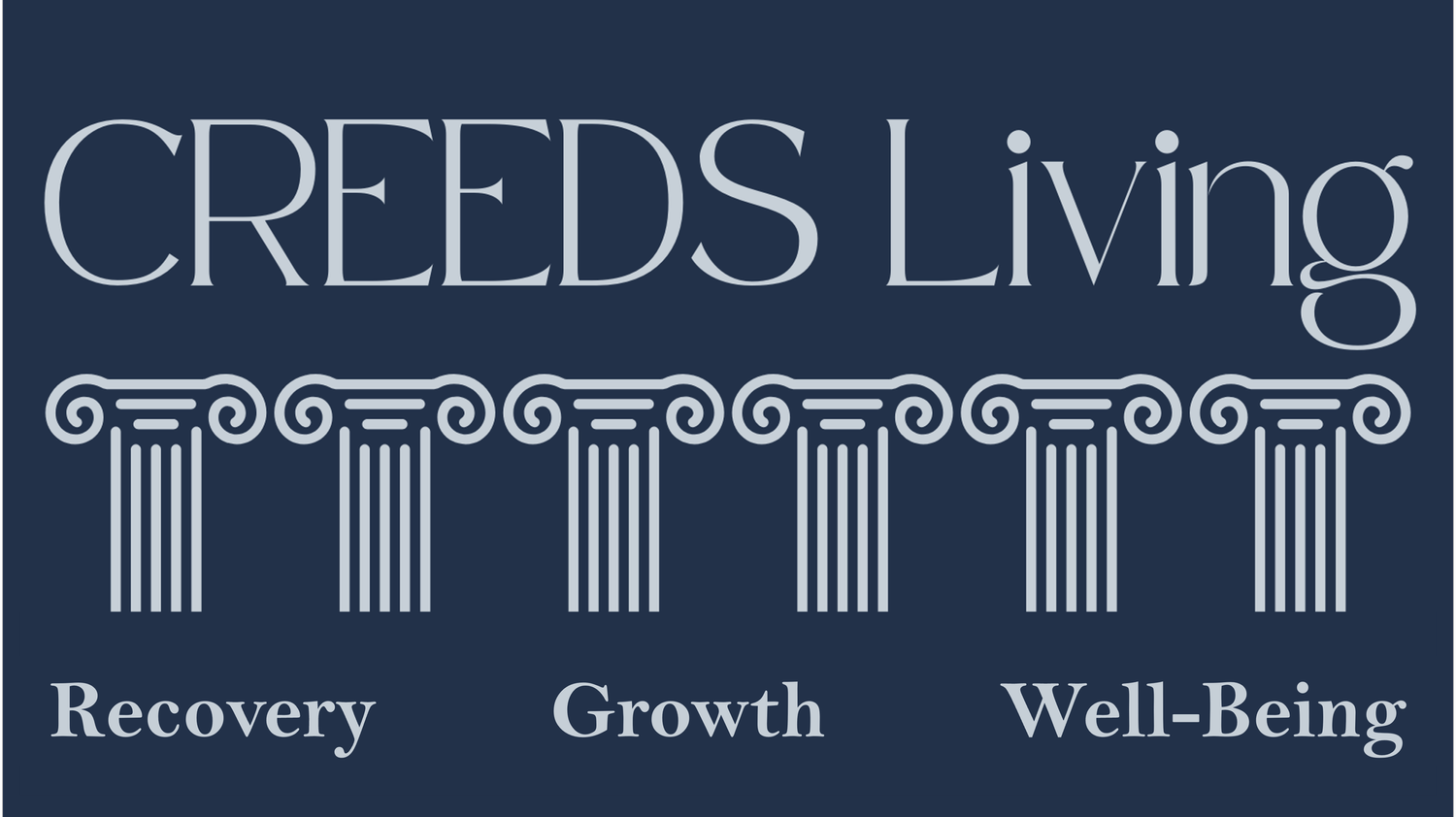Sleep
What happens during sleep is just amazing. Sure, your brain and your body do incredible things when you’re awake. Just staying upright is an elegant combination of chemistry and mechanics. But the fact that countless things are happening under the hood while we are in deep sleep is phenomenal. And it happens every night.
Sleep doesn’t get enough credit. It can easily be taken for granted. In fact, there are large swaths of society that actually shun sleep.
Which part of your life are you working on, trying to improve, fine-tuning? Sleep, whether quality or inadequate, plays a role. It is a factor in our physical, spiritual, emotional, mental, and even social health. It can be the difference between good days and bad days. Aging is dependent on it.
Quality sleep involves both duration and consistency. It is be measured by the time it takes you to fall asleep and whether or not you are waking up on your own accord. The goal is to fall asleep within fifteen minutes of hitting the pillow and waking up at the desired time without an alarm clock.
Finding out how much sleep you personally need can only be achieved through experimentation. Currently, there is no test to determine the right amount of sleep for a specific individual, and it can vary from night to night, month to month.
One method to find out how much sleep you need is to work back eight hours from your wake-up time and aim to fall asleep then. Just falling asleep can take some time. It may require lifestyle adjustments in the two to four hours leading to your sleep time.
Once you’ve hit a pattern of falling asleep at the right time, stick with it for about a week. After a week or so, if you wake up just minutes before your alarm, then you’ve nailed it. If not, aim to fall asleep fifteen to thirty minutes earlier, stick with it for a week, and see where you’re at. If you are waking up well before your alarm, stay up fifteen to thirty minutes longer.
After figuring out how much sleep is needed, address the pre-sleep routine. It could involve diet, exercise, socializing, and electronics. There are a number of things to adjust in a bedroom. This process could involve adding or subtracting from the current situation.
The benefits of discovering your sleep routine and needs are almost too considerable to list. In fact, I tried to discover parts of life that don’t benefit from good sleep, or aren’t harmed from poor sleep, and I couldn’t come up with any. Every aspect of your life is impacted by sleep.
From purely a physical standpoint, the body repairs, recovers, and rejuvenates during sleep. Lack of sleep is associated with diabetes, high blood pressure, migraines, and weight gain.
Our brain processes all in took in since it’s last sleep, including both information and interaction. Good sleep improves both memory and mindset. It improves how we treat each other and how we treat ourselves. It also is beneficial to aging and longevity.
I’ve learned that I would rather have a great twelve hours each day, rather than a mediocre sixteen.
